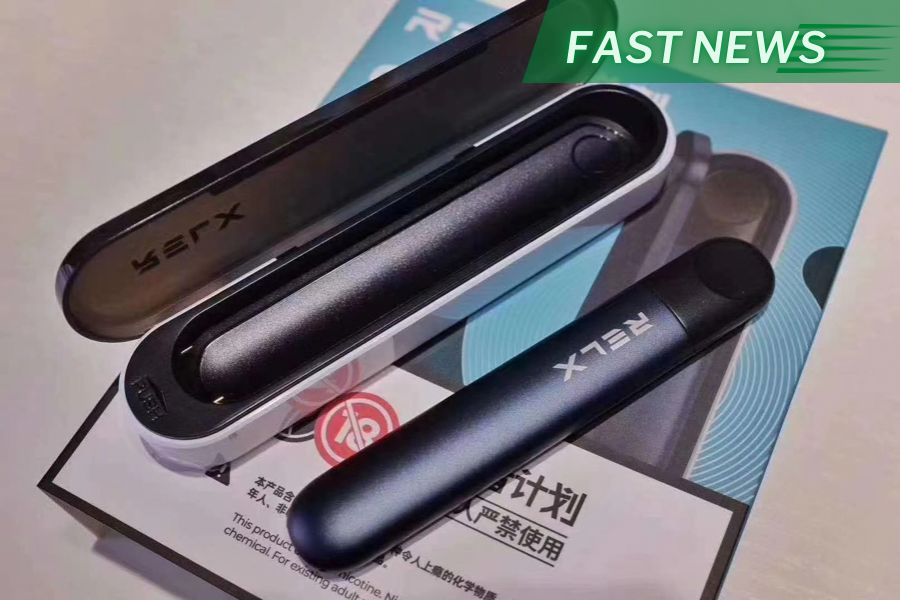FAST NEWS: Vaping Leader RLX Sees Prolonged Impact from New Tax as Sales Plunge

The latest: Leading Chinese e-cigarette and cartridge maker RLX Technology Inc. (RLX.US) on Wednesday reported its net profit fell 48.3% year-over-year to 505 million yuan ($71 million) in the third quarter. It also forecast its profitability in the coming quarters will be adversely affected by a 36% consumption tax imposed on e-cigarette manufacturers in China starting this month.
Looking up: The company’s gross margin for the period was 50%, a significant increase of 10.9 percentage points over the same period last year, mainly benefiting from favorable changes in sales channels and a decrease in direct costs related to promotional activities.
Take Note: RLX’s revenue decreased 37.7% year-over-year to 1.04 billion yuan in the third quarter and plunged 53.2% from 2.23 billion yuan in the second quarter, mainly due to its suspension of store expansions and discontinuation of older products during a transition to new national vaping standards.
Digging Deeper: Established in 2018, RLX develops, designs and sells RELX brand electronic atomizers, the main devices used for vaping. But the market has been fraught with uncertainty after China’s tobacco regulator implemented a ban on flavored e-cigarettes earlier this year, promulgated mandatory national standards for e-cigarettes and introduced a consumption tax on related products. The company has been granted an official manufacturing license under the new standards, but will only be able to produce up to 15 million rechargeable e-cigarette devices, 6.1 million disposable e-cigarettes and 329 million cartridges per year, which will impact its revenue in the future due to reduced production.
Market Reaction: Shares of RLX fell 10% to close at $1.44 in New York on Wednesday. The stock now trades at the lower end of its 52-week range.
Translation by Jony Ho
To subscribe to Bamboo Works free weekly newsletter, click here





